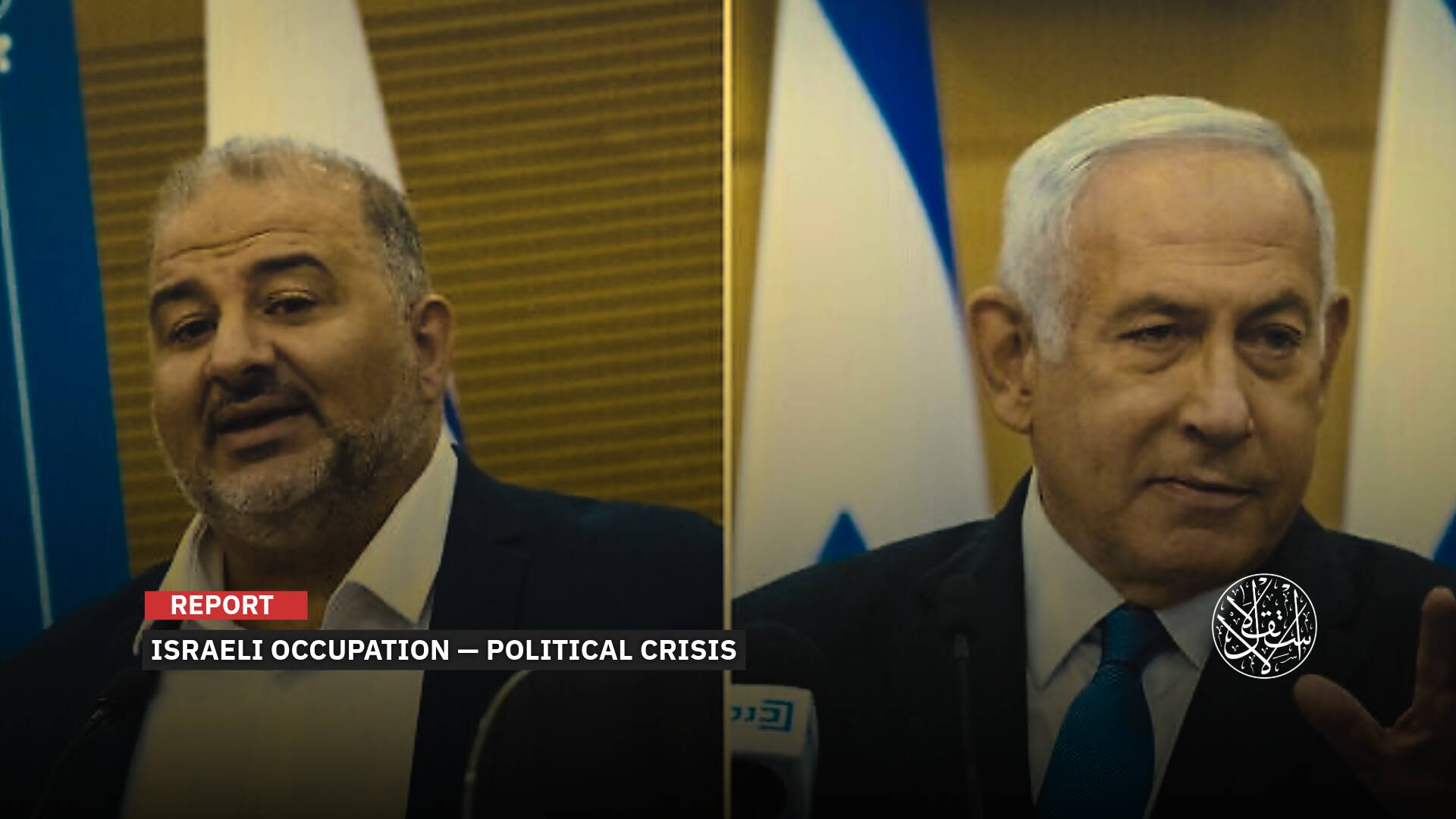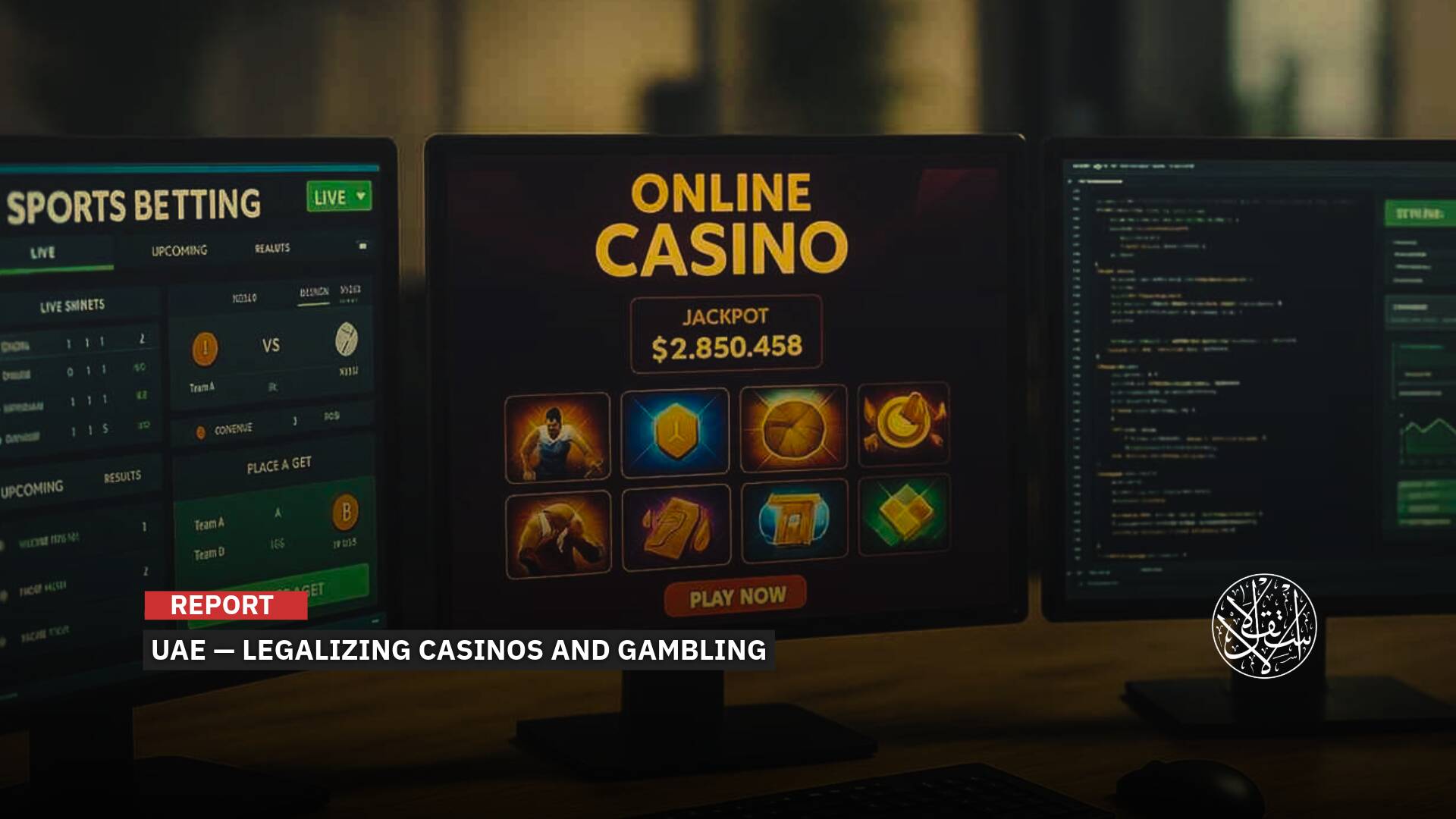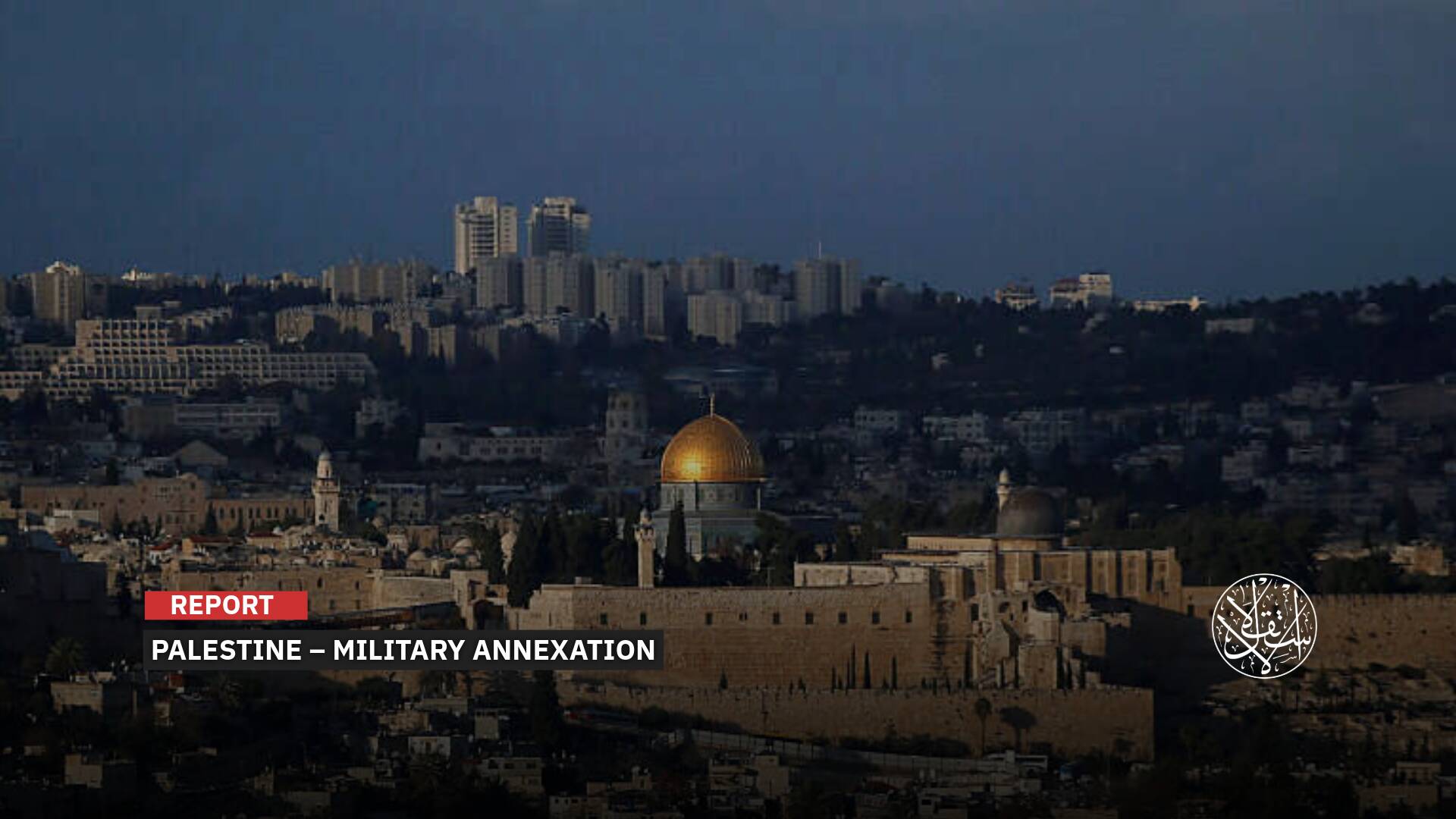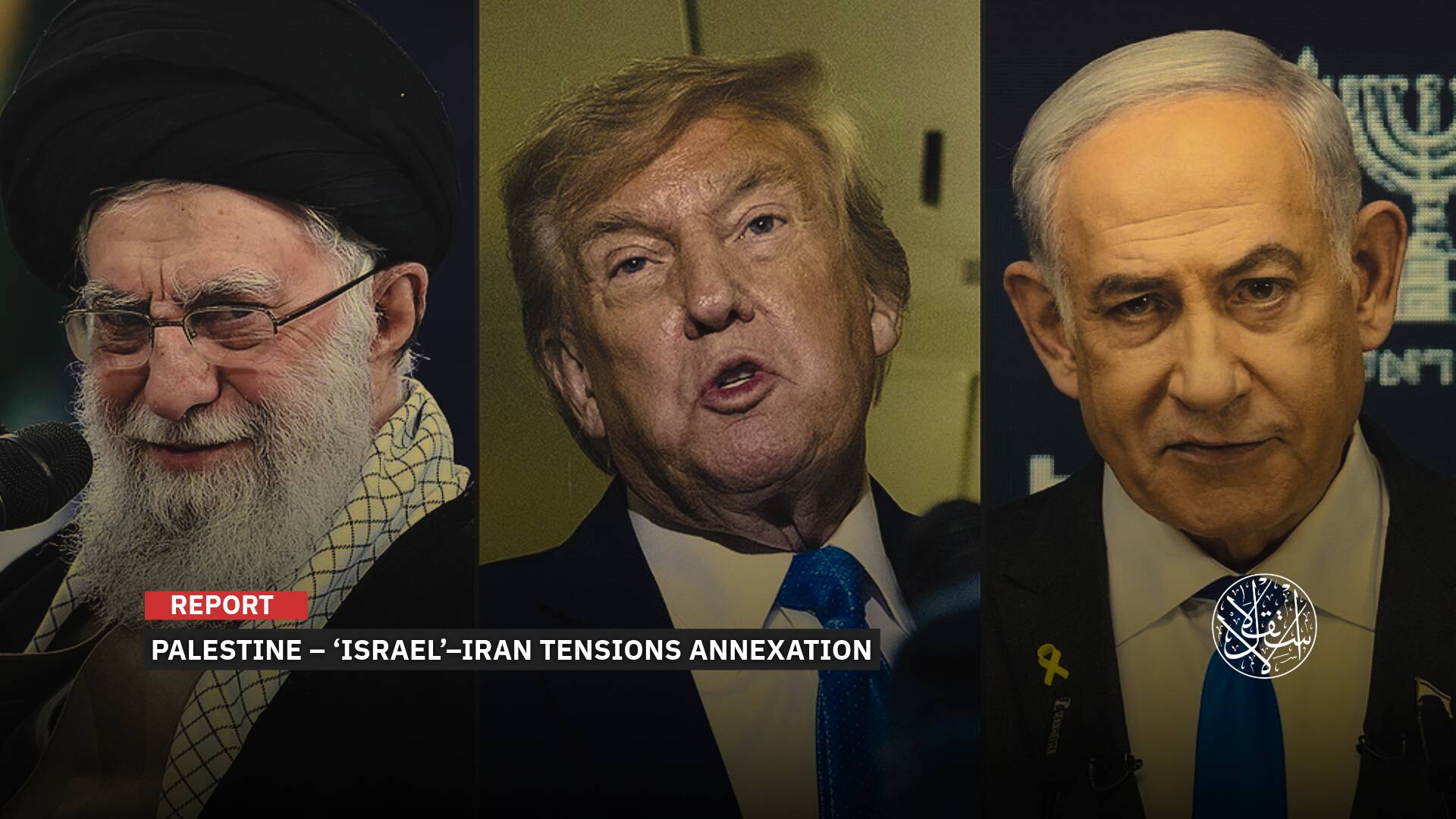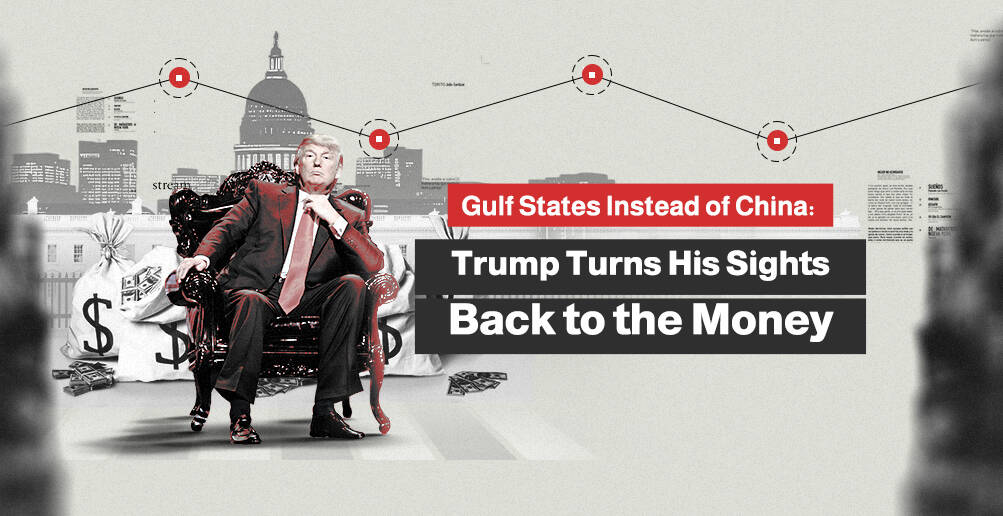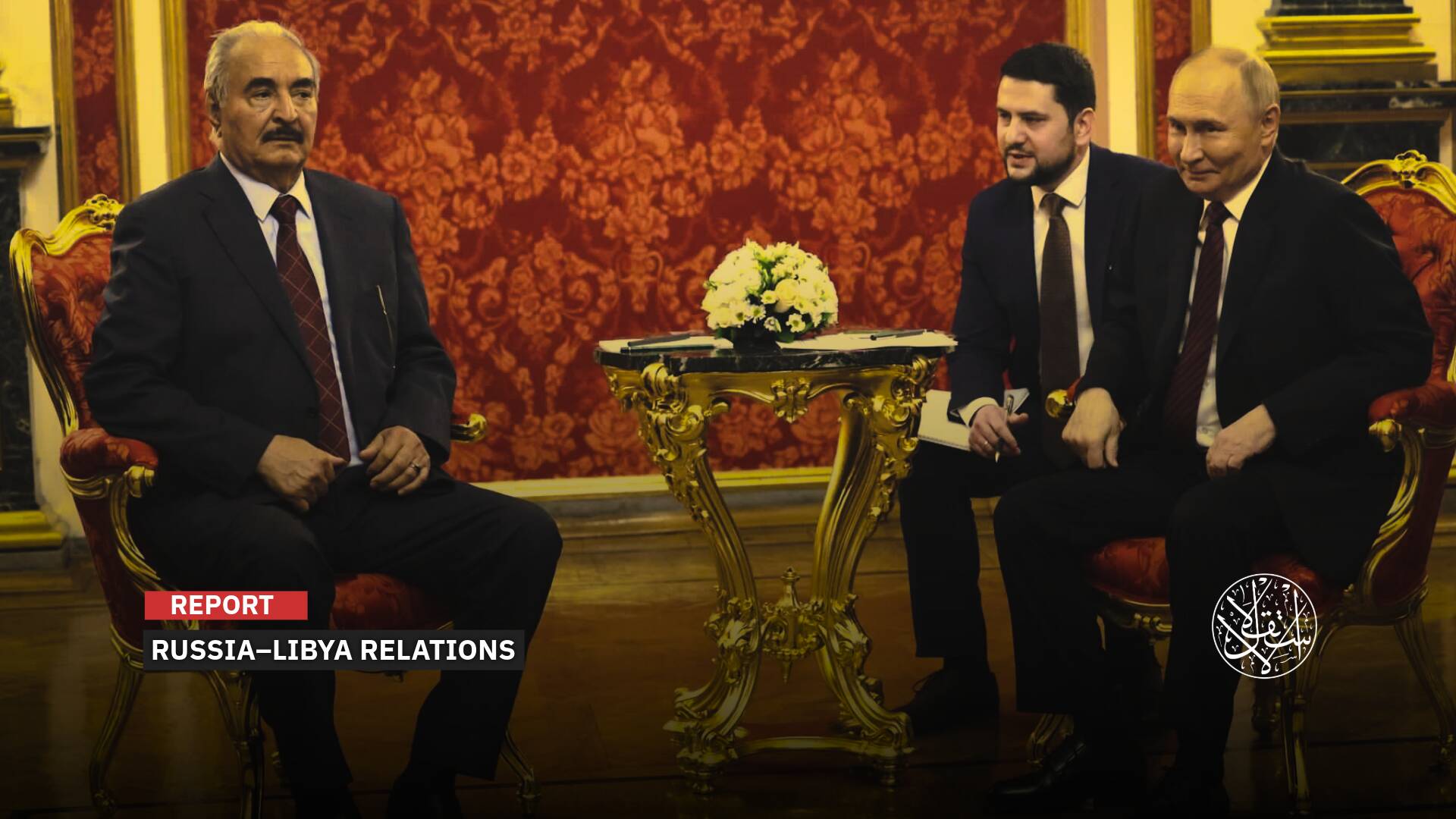Hoping to Join NATO, Scotland’s Campaign of Independence From the UK

Scotland's First Minister Nicola Sturgeon said in an interview with The Associated Press that the European crisis caused by Russia's war in Ukraine was making the Scottish independence campaign even more important, and demanded that her country needs to play a "full role" in ensuring stability and security in Europe as a member of NATO.
Sturgeon pointed out that membership in NATO would be "vital" to an independent Scotland, and a "cornerstone" of its security policy. She emphasized that the war in Ukraine had strengthened her conviction about that.
Bloomberg media company stressed that Sturgeon is targeting a new vote on independence by the end of 2023. Sturgeon said she believed there was "tremendous support" in Scotland for it to become an independent country and to join NATO.
Vivid Independence Dream
On the same track as Sweden and Finland, Scotland announced its intention to submit an application to join NATO.
The political class in Scotland did not give up the dream of secession from Britain. A dream that almost dissipated after the failure of the first serious attempt to secede from the United Kingdom following Brexit.
In an interview with Al-Estiklal the researcher and expert on politics Hazem Ayyad said: “London had hardly recovered from the economic repercussions of the Brexit and Coronavirus to endorse the economic violent impact of the Ukrainian war, ending the dream of economic recovery from Brexit and Corona at the same time. The Ukrainian war in this sense opened the door again to the Scots advocates of secession. They are demanding independence and the replacement of the umbrella of unity with the United Kingdom with the security umbrella of NATO and the European Union.”
It is noteworthy that London was unable to manage the successive crises after Brexit. With the unprecedented rise in the inflation rate in more than 30 years, a large section of British society has become cut adrift by the soaring costs. The inflation rate rose from 7% at the end of March to 9% at the end of April. This was accompanied by a 54% increase in fuel prices and a crisis in supply chains.
The Independent quoted the former British Assistant Chief of Defense Staff warning that Prime Minister Boris Johnson’s government must prepare the British people for a “prolonged decline” in living standards.
The British Finance Minister Rishi Sunak, on May 18, revealed the inability of his country's government to "protect citizens" from the repercussions of inflation and price hikes. It was accompanied by a state of panic expressed by Secretary of State Liz Truss, warning of upcoming economic difficulties.
The economic and security alliances that the Ukrainian war made to confront Russia presented a dangerous paradox. Even if it united Europe in the face of Russia and exploited Moscow and besieged it militarily and economically, It did not reflect the whole truth on the ground in all economic, political, and security fields.
Geopolitical Crisis
The Scots independence advocates believe that Scotland's geographical location, in an important part of the North Atlantic, means that NATO membership would be essential to their security. From another hand, the independence of Scotland from the United Kingdom would allow NATO to take more decisions regarding the possibility of further expansion.
Sturgeon explained that the primary way in which Scotland will contribute to the security of the wider region would be through its potential future as a member of the alliance.
As for the energy crisis that hit the global economy, Scotland made advanced steps towards a rapid transition to renewable energy. In 2020, Scotland could generate nearly all of its electricity from renewable sources.
The expert Ayyad explained that Scotland's motives for joining NATO and secession from England, although different from the motives of Finland and Sweden, reflect the level of looseness and geopolitical crisis on the European continent. The decline of the political and security divergences after the Russian invasion of Ukraine was replaced by a state of geopolitical and economic stress whose impact and scope will expand to include cosmic geography and the international arena.
Scotland, a model and example of a state of stress, seeks to relieve itself of the burden of its political and economic relationship with the United Kingdom through the same alliance (NATO) that Finland and Sweden seek to join to address their security concerns with Russia.
Paradox
The researcher added that it is a geopolitical paradox that reveals the extent of the political, security, and economic stress suffered by NATO, the European continent, and the entire economic groups.
The loose geopolitical environment on the European continent and the state of NATO's political and security stress can be traced in many arenas. Including the Eastern Mediterranean and Western Asia, the Turkish objection to Finland and Sweden joining NATO for their positions on the PKK, Contrasted by the Israeli entity's objection to the completion of the nuclear agreement with Iran to ensure the flow of its oil reserves in European and global markets.
We find the impact of the Political and economic stress on the divergent and opposing positions of the G7 countries meeting in Bonn, Germany to discuss the inflation crisis and the high US interest rate on the dollar.
US Treasury Secretary Janet Yellen, like US Reserve Chairman Jerome Powell, refused to change the financial and monetary policies of her country by claiming before her European and Asian counterparts that the market determines the value of the dollar, not interest rates.
It was an attempt to escape the impact of US monetary policies on currency rates, the debt crisis, and the global deflation accompanying these policies.
The economic and security alliances that the Ukrainian war made to confront Russia presented a dangerous paradox. Even if it united Europe in the face of Russia and exploited Moscow and besieged it militarily and economically, it did not reflect the whole truth on the ground in all economic, political, and security fields.
The researcher concluded by saying that the Ukrainian war turned into a state of European and American geopolitical and economic stress whose impact extended to the entire international system. Having crossed the threshold of the system towards a multipolar international reality that lacks a system whose rules and laws have not yet been clarified. A stage whose temporal and spatial extent is difficult to predict. The longer it extends, the higher its costs will be. The greater the magnitude of the expected destruction, the greater the magnitude of the change.





